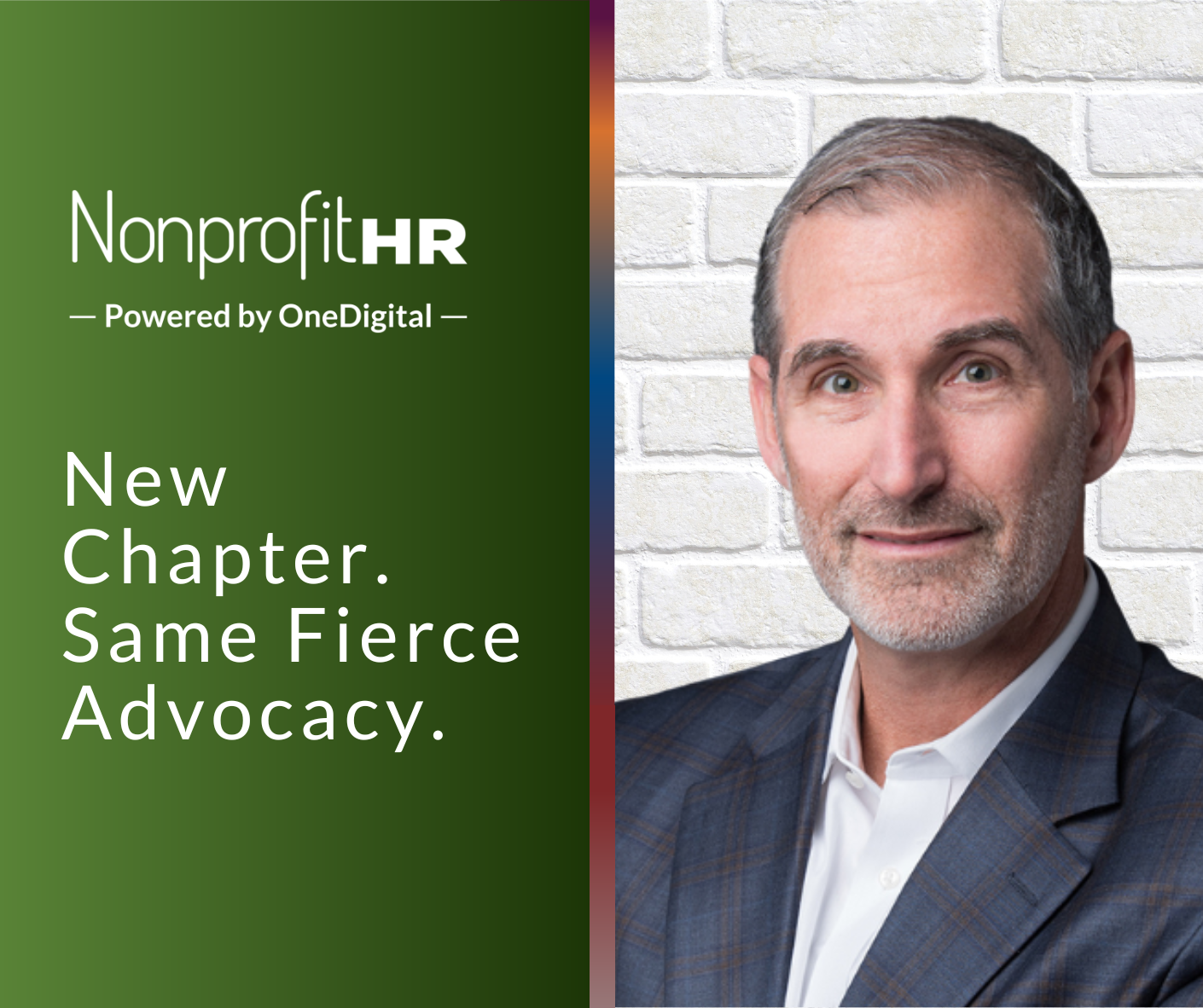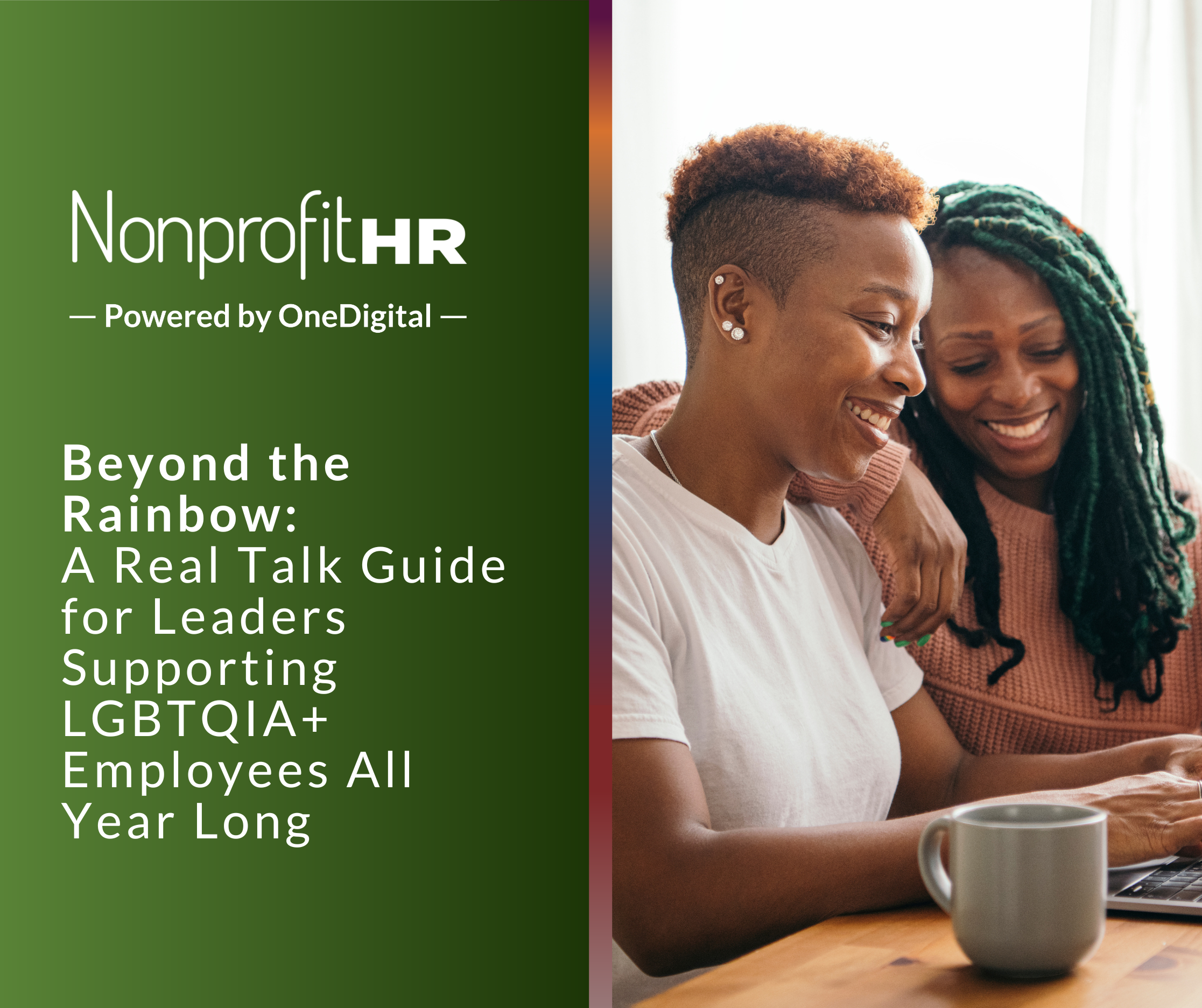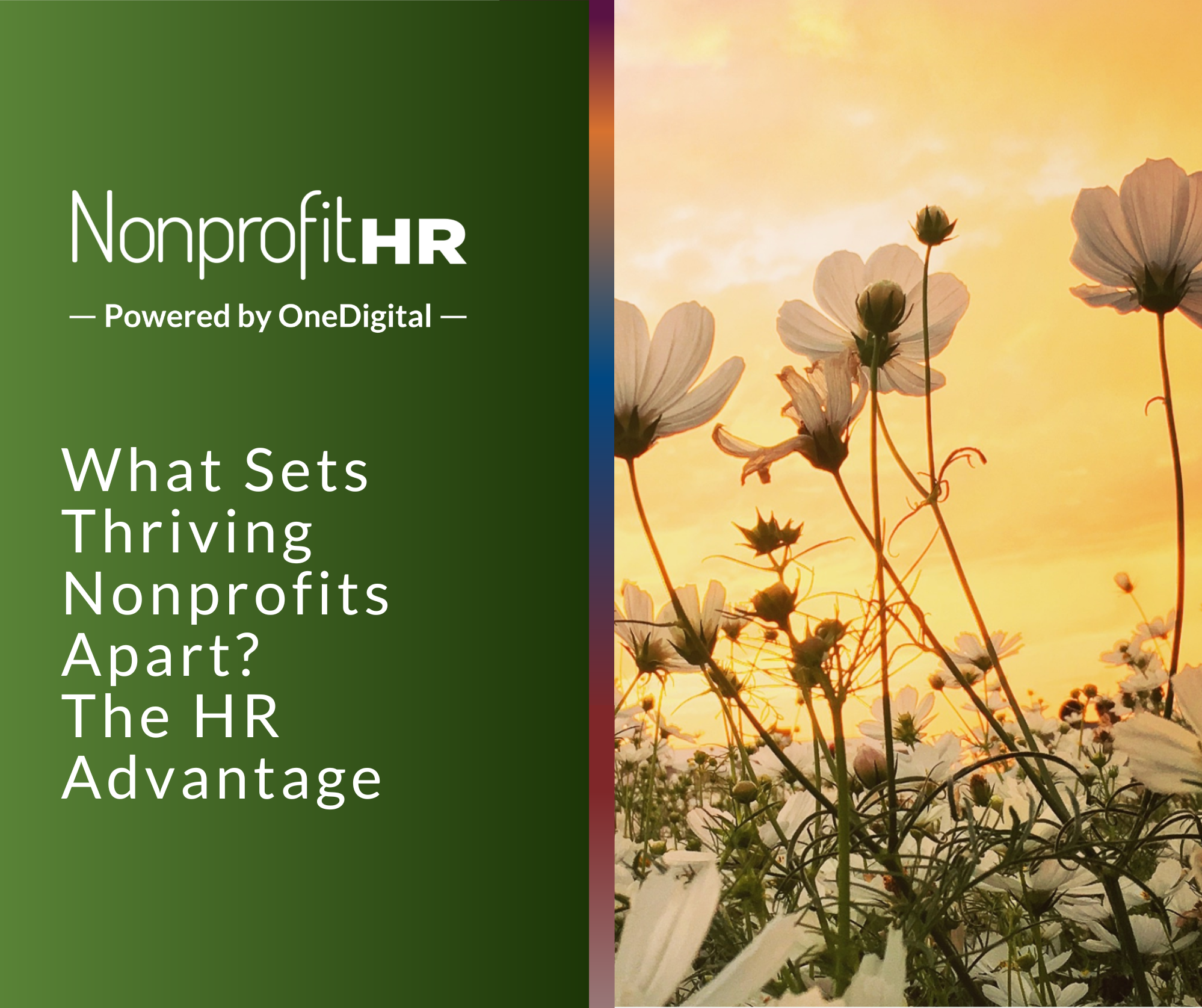WTOP: 5 ways nonprofits can…
Career development and employee retention go hand in hand. In fact, the 2021 Nonprofit Talent Retention Practices Survey affirms that a lack of opportunities for growth is the number one cause of voluntary turnover amongst nonprofits. Given today’s tight job market, nonprofit leaders play a critical role in uplifting, investing in and communicating a commitment to professional development, growth and advancement of their employees. In fact, today’s employees expect and value it. Even in cases where vertical promotion is not an option, employers can develop staff by clarifying and providing greater breadth of knowledge and specialization related to an employee’s role and how it uniquely contributes to individual and organization-wide success. Customizing more opportunities for growth starts with first understanding the importance of developing a culture of feedback and then, acting on that understanding.
Feedback becomes a part of the culture when it is championed, continuous and bidirectional, creating a cycle between manager and employee of listening, being heard and responding with action. Feedback culture is also embedded in the way managers successfully approach performance management and the organization’s philosophy for it as well. It requires trust as a foundational factor; a collaborative approach to professional development goal setting as an anchor; and frequent check-ins to refine the path to growth. These requirements, however, are starting points when organizations set out to strengthen their people through proactive performance management measures.
 Business partners working on project at the office
Business partners working on project at the office
At Nonprofit HR, we understand the importance of developing effective performance management systems to enhance employee opportunities for growth and development.
In partnering with nonprofit organizations to design feedback-focused performance management programs, we have observed the positive impact on increased connection, collaboration and trust–key factors in retaining high-quality talent! As your nonprofit continues assessing your Q4 performance and goals for talent management plus finalizes your strategic planning process for 2022, connect with our team of experienced talent management experts who can share unique examples of what organizations of similar size and mission to yours are focusing on in the new year and where you can benchmark your highest priority strategies.
Find, develop and keep the best talent for your nonprofit with Nonprofit HR’s Strategy & Advisory practice!
Do you need a Strategy & Advisory partner to support workplace planning, want to assess your HR function, or require a complete revamp of your approach to performance management? Improving your organization’s culture and engagement strategy, and everything in between, is one reason to partner with Nonprofit HR. We’ll work with you to align your mission’s HR and business strategy to achieve greater impact. Initiate a conversation with our expert consultants now to ensure your performance management strategy keeps your most valuable asset first: your people.
Our team approaches every engagement with a keen focus on honoring your values and ours. With each engagement, we apply HR best practices and customize our recommendations for your unique workplace culture, infrastructure and strategic priorities. Schedule a mini-consult to discuss your talent management needs or email our Vice President of Business Development, Sidney Abrams, at [email protected].
If you like this topic, you’ll love 3 Reasons Why a Culture of Feedback is the Name of the Game
The traditional annual feedback is often dreaded as the heavy lift. Promoting a culture of feedback means employing immediate, intentional conversations and as a result, lessening that load. Although in order for feedback to become a part of the culture, it must be continuous and bidirectional, flowing from the manager to the employee and from the employee to the manager. Successful bidirectional feedback comes when you stress the positives as much as the negatives. A feedback conversation could simply focus on support. How are you doing this week? How can we support each other? A culture of feedback means understanding the significance and value of those conversations and getting comfortable engaging in them. See the full blog.
































